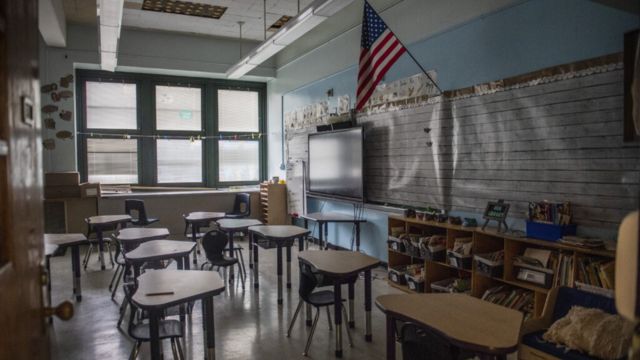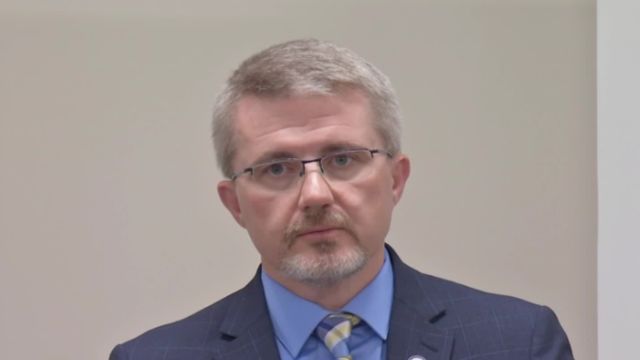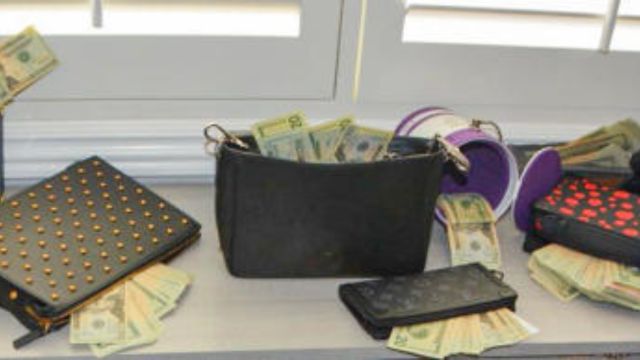There aren’t enough qualified special education teachers and teacher’s aides in Washington. The state doesn’t know how bad the problem is; they only know that at least 1.5% of the teachers aren’t prepared for their jobs.
It was found in a new state report that there are a lot of open positions in special education and that many of the teachers who are there don’t have full endorsements for teaching special education or don’t have much experience in the field.
Even though the number may not seem like much, it’s almost three times higher than the percentage of teaching in other subjects across the state that is given by teachers who aren’t qualified. A 2024 Professional Educator Standards Board report shows that 0.6% of elementary school teachers are not qualified, which is the next highest number.
The state Office of Superintendent of Public Instruction says that about 143,000 eligible kids in Washington get special education and other services. The office couldn’t say right away how many special education teachers there are in Washington, but they did say that there were 5,813.5 full-time equivalent classroom teachers in the special education program during the 2022–2023 school year.
The office of the superintendent of public instruction thanked the auditor’s office for looking into the matter and said they are “making good progress in this area.”
A spokesperson for the office, Katy Payne, said in a statement, “In our state and across the nation, special education is consistently an area with above-average teacher turnover.” “We’re proud of the work we’ve done to hire and keep good teachers in these important roles.”
The Office of Superintendent of Public Instruction talked up its teacher residency program, which trains people to become special education teachers in the future. Payne said that some of the first residents have just been hired for full-time jobs.
The agency has also pushed for funding a hiring bonus for teachers in a district’s special education program and pointed to multiple requests for more money for special education and tracking data to get a good idea of how many open positions there are.
Josh Taylor, assistant professor of special education at Washington State University, said it’s not a surprise that there are more under-credentialed special education teachers in Washington’s classes than in other subjects.
Taylor said, “I was shocked that the number was so low.”
On top of that, Taylor said that there are gaps in special education in almost every state, if not every state. Because there are so many openings and teachers are leaving, districts hire people who don’t have special education certifications. But those teachers leave because they aren’t prepared.
Taylor said, “That turns into this nasty, cyclical problem.” “On a systemic level, we just need to put more money into training more teachers, training them better, and then helping them when they’re ready to stay until they can become experienced teachers and help train others.”
However, Washington does not keep track of statewide teacher vacancy data. However, in a 2024 state budget proposal, the Office of Superintendent of Public Instruction said that the vacancy rate for special education teachers “was much higher than for general elementary teaching positions.”
A study from the University of Washington in 2021 that looked at district job postings found that about 20% of open teaching roles were for special education teachers. This is three times higher than the rate for elementary education teachers.
The audit found that special education settings also have a lot of teachers and teachers’ helpers (also called paraeducators) who are new to the job. Taylor said that paraeducators are very important in special education, but that the job has had a high change rate for a long time. A study from 2023 by an education research center with 11 universities, including the University of Washington, shows that almost half of Washington’s paraeducators have less than five years of experience. This is what the report says.
The Office of Superintendent of Public Instruction says that bad pay is the main reason why paraeducators leave their jobs. A government body says that paraeducators in Washington make an average of $22 an hour. During this year’s legislative session, the office asked the Legislature to raise pay by $7 an hour. Instead, lawmakers gave school districts extra money that they can use to pay paraprofessionals but aren’t forced to.
Taylor, who used to be a paraeducator, said that politicians need to do a lot more to support the job. He also wants lawmakers to back more ways for people who want to become special education teachers (many of whom start as paraeducators) to get into the field and give people reasons to do so. He also said that teachers need a lot of help and mentoring once they start working as teachers.
Taylor says that research also shows that a lot of staff change might be caused in part by people’s changing views on the field of education.
“I think that some of the criticism of K–12 education has hurt morale,” Taylor said. “I talk to teachers who aren’t sure if they want to stay in the field because they don’t think society values them as much as it did when they first started.” That smells bad.
He also said, “I hope it changes because education is very important and our teachers should know that what they’re doing is important.”




